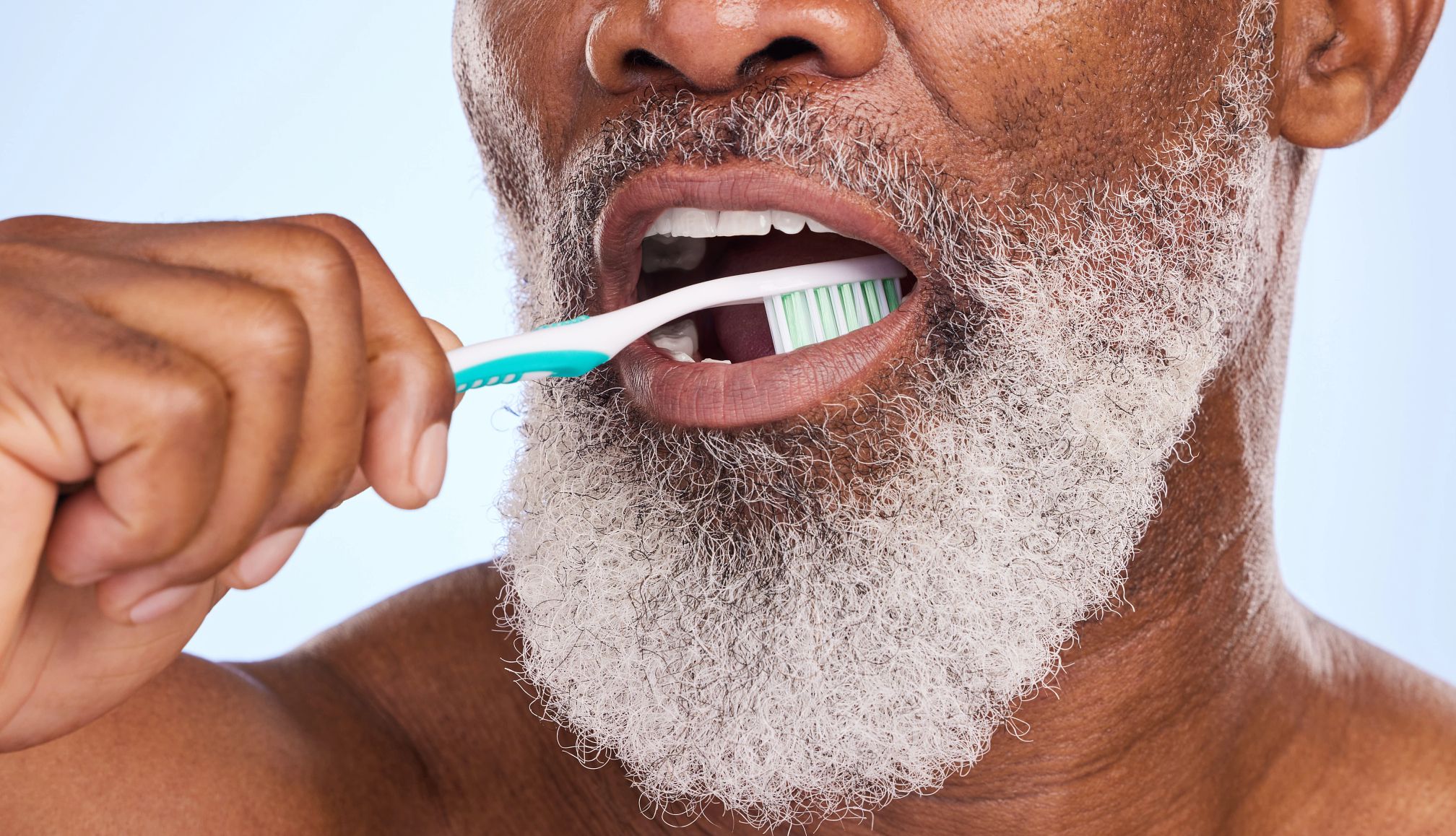
- Select a language for the TTS:
- UK English Female
- UK English Male
- US English Female
- US English Male
- Australian Female
- Australian Male
- Language selected: (auto detect) - EN
Play all audios:
Here's some good post-pandemic news: U.S. life expectancy increased in 2023, reaching its highest level since the COVID-19 pandemic, according to a new report from the Centers for
Disease Control and Prevention (CDC). The death rate for the U.S. population decreased by 6 percent and as a result, life expectancy at birth increased to 78.4 years in 2023. That's
the highest it has been since 2019, and an increase of a full year over the life expectancy in 2022. Researchers said a decline in COVID-related deaths explains the upward trend. When
comparing life expectancy of women and men, women continue to live longer — 81.1 years for women and 75.8 years for men — but expectancy numbers increased for both women and men in 2023.
The biggest drops in death rates were among Hispanic men and women (10.5 percent and 7.9 percent) and in American Indian and Alaska Native people, with drops of 11.5 percent for men and 13.5
percent for women. The 10 leading causes of deaths remained the same in 2023, although some changed rank, with heart disease at the top, followed by cancer and unintentional injuries.
COVID-19 deaths fell significantly last year, dropping from the fourth leading cause of death in 2022 to the tenth cause in 2023. So how can you increase your life expectancy? There are
a number of things that you can do once you hit 50 — or 60 or 70 — that can have a big impact on your health and increase your odds of living longer. Here are eight habits to pick up (or
drop) at 50-plus. 1. KEEP YOUR SOCIAL CALENDAR FULL Are you spending too much time alone? Believe it or not, loneliness can have a big impact on our mental and physical health, and older
adults are especially at risk because many lose touch with family and friends due to moves, physical limitations or deaths. HELP SOMEONE ELSE LIVE LONGER _Learning CPR won’t help prolong
your life, but it could help someone else. _ Performing CPR is easy and now is “hands only” — without “mouth-to-mouth” breathing assistance. If someone is not responsive and not breathing:
Call 911 (or instruct someone else to). Then kneel by the side of the person in trouble, place your hands on their breastbone (center of the chest) and press down hard and fast — aim for 100
to 120 compressions a minute. Keep going until the professionals arrive. Social isolation has been linked to everything from heart disease and diabetes to cognitive decline and more. A
recent advisory from the U.S. Surgeon General reports that social disconnection can shorten lives by about as much as smoking 15 cigarettes a day. Looking for a few ways to keep in the mix
as you age? * STAY IN TOUCH WITH FAMILY AND FRIENDS. If you can’t be there in person, stay connected with voice and video calls. AARP has tutorials for those who need technical assistance.
Your local library may also be able to help. * VOLUNTEER. Research shows that volunteering has both physical and mental benefits for older adults. A 2020 study from researchers at Harvard’s
T.H. Chan School of Public Health found that older adults who volunteer for as little as two hours per week can significantly reduce their risks of premature death. If a faith-based
organization interests you, find one in your community where you can engage in activities and meet others. * LEARN SOMETHING NEW. Many public and private organizations offer low-cost classes
(think woodworking, music lessons, dancing, etc.) for older adults. Not only is picking up a new hobby good for your social life, but research shows it can also be a boon for your brain. *
CONSIDER ADOPTING A PET. Studies suggest owning a pet can help older adults stay physically active and even help them retain thinking and memory skills. Just be sure to pick a pet that
matches your lifestyle. For example, if you are rarely at home or have trouble getting out for walks, a cat might be a better fit than a dog. 2. GET YOUR EYES AND EARS CHECKED You’re in the
habit of going to your primary care provider for your annual checkup — but don’t forget about your vision and hearing, which also need special attention as you get older. A big reason:
People who have trouble hearing and don’t get it corrected are more likely to develop dementia. What’s more, vision loss can increase your risk of falls, along with a host of other health
issues, according to the Centers for Disease Control and Prevention (CDC). Clues that you may be experiencing hearing loss include needing to turn up the TV volume or having trouble
understanding conversations when there is background noise. Some causes may be reversible (like an ear infection or a buildup of earwax), but generally it’s just the body’s aging process. If
you find that you’re having trouble hearing, talk to your primary care provider; they may refer you to an audiologist or otolaryngologist (ear, nose and throat doctor). Many people find
they need hearing aids, which these days can be purchased over the counter. (Visit AARP’s Hearing Center for more information.) Vision loss is also common as we age and can be due to
cataracts (when the lens of the eye is clouded) or age-related macular degeneration (disease of the macula, which is part of your eye’s retina). If you are over 65, you should have your eyes
checked every one to two years by an optometrist or ophthalmologist. Unless you have certain medical conditions, original Medicare does not cover routine eye exams, glasses or contact
lenses, but many Medicare Advantage plans and other insurers do.







